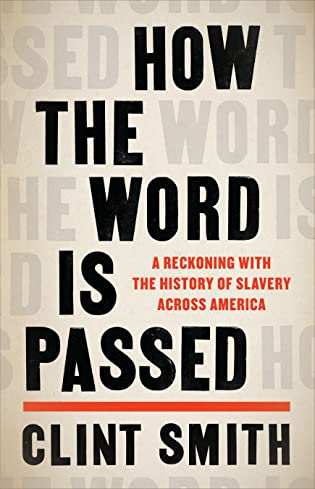Once again, we’ve reached the end of a year, and I like to reflect on the reading I’ve done in a final end-of-year wrap-up post
In spite of the pandemic, I had a great reading year, courtesy of audiobooks. If not for audiobooks, I’m not sure how many books I’d have been able to read, but I listened to audiobooks as I took my daily walks, washed dishes, and cooked. I feel particularly good about how many books I checked out of the library. I’m fortunate to have a really good library with an extensive collection available via Overdrive, and I discovered using Libby to listen to library audiobooks this year. I actually prefer the Libby app to the Audible app. It has more fine-grained controls.
My progress with reading challenges was mixed, as usual. I came close to completing the Book Voyage Around the World Challenge. I didn’t read a book set in South America. Aside from that, I managed to read a book set in each of the zones around the world. I really liked this challenge. I think it encouraged me to read more widely than I usually do. My performance on the Southern Literature Reading Challenge was a bit of a joke. I finished the Historical Fiction Reading Challenge and managed to read more than I expected, so I increased my initial goal. I did okay with the Monthly Motif Reading Challenge. I love that challenge, but I have trouble meeting the prompts each month. Maybe in 2022!
Some quick reading stats, courtesy Goodreads:
- I read a total of 52 books.
- I read 18,155 pages (not sure how accurate that is given I listened to so many books).
- My average book length was 354 pages.
- The most popular book I read was Frankenstein (which I read along with the Obscure podcast).
- The least popular book I read was Shelley’s Ghost (only 42 other Goodreads users have shelved it).
- I rated books an average of 4.6 stars (which is an indicator of how good the books were!).
The 52 books I read in 2021 break down as follows:
- 21 books of fiction (one I read twice, so counted it as 2 books)
- 27 books of nonfiction
- 3 books of poetry or verse
- No dramas
- 35 audiobooks
- 9 re-reads (I re-read The Underground Railroad twice)
- 2 graphic novels/comic books
- 3 children’s books
- 2 YA/middle-grade books
For the first time ever, I believe, I read more nonfiction than fiction.
I usually pick my favorites from each category, but that’s going to be so hard this year as I read so many great books. I decided to try to pick my top picks from each category, though even narrowing it down this much was hard.
Fiction





Nonfiction



I didn’t really have a favorite poetry book, and given that my favorite was a re-read, I opted not to profile it here. Below, you can see (and purchase) all of the books I read in 2021.
 How the Word Is Passed: A Reckoning with the History of Slavery Across America by
How the Word Is Passed: A Reckoning with the History of Slavery Across America by 